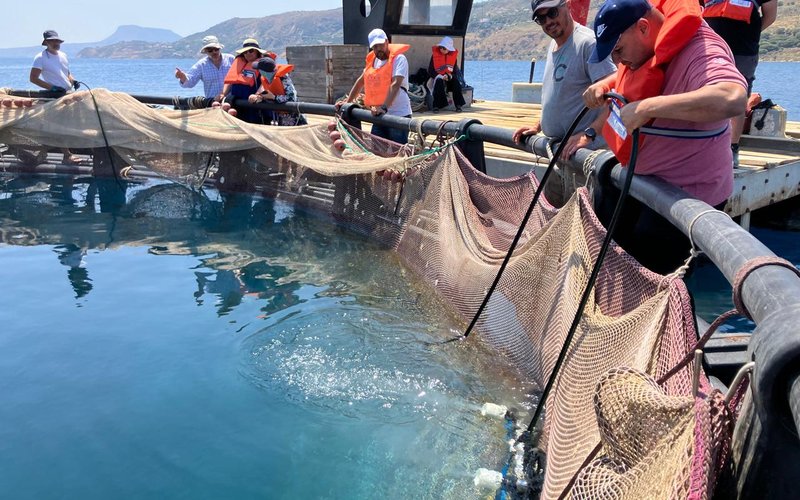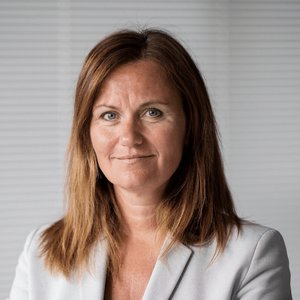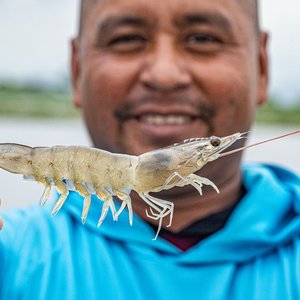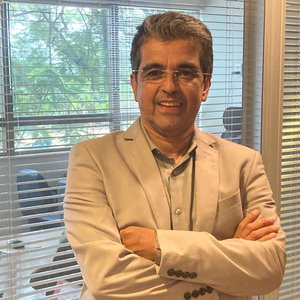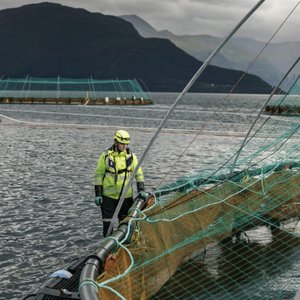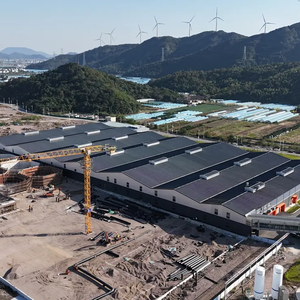The Mediterranean’s drive toward sustainable aquaculture took a major step forward this week with the opening of the Mediterranean Marine Finfish Aquaculture Demonstration Center (MMF-ADC) in Crete. The launch was marked by a five-day hands-on training program that brought together researchers and national authorities from Algeria, Egypt, Lebanon, Libya, Morocco and Tunisia.
The seventh and most advanced of its kind in the Mediterranean and Black Sea region, MMF-ADC was developed through a partnership between the General Fisheries Commission for the Mediterranean (GFCM) of the Food and Agriculture Organization (FAO) of the United Nations and the Hellenic Centre for Marine Research (HCMR), with additional collaboration from the Institute of Marine Biology, Biotechnology and Aquaculture (IMBBC). Located on the HCMR campus in Heraklion, Crete, it offers a unique platform where scientific knowledge, technical training and field application come together to promote innovation and best practices in aquaculture.
“After decades of cutting-edge research, and thanks to the support and spectacular development of the Greek aquaculture sector, which now has a leading role in marine fish production in the European Union, we would like to transfer this knowledge to other countries and interested shareholders, in order to sustainably advance in the era of aquaculture-produced healthy seafood,” said Constantinos Mylonas, director of the HCMR.
What sets this Aquaculture Demonstration Center (ADC) apart is not only its advanced infrastructure, but also its partnership with the European Union Reference Centre for the Welfare of Aquatic Animals (EURCAW-Aqua), coordinated by the University of Crete. The integration of production, research and animal welfare within a single demonstration center sets a new benchmark for climate-smart, ethical aquaculture in the region.
“The EURCAW-Aqua was established in January 2024 and envisioned as a global gold standard for services provided to national competent authorities in the European Union Member States and addressing the main goal of improving the welfare of aquatic organisms. Priority is given to farmed aquatic species of economic significance for European aquaculture, advancing both welfare and sustainability through science across the Mediterranean region,” said Professor Michail Pavlidis, director and coordinator of EURCAW-Aqua.
Supporting inclusive growth across the region
The MMF-ADC in Heraklion is part of a growing network of ADCs established by the GFCM to serve as regional hubs for training, research and knowledge exchange. These centers are tailored to the specific characteristics of their subregions and are designed to further scientific research, provide technical support, demonstrate best practices in aquatic food production and develop capacity among stakeholders. With a particular focus on supporting women, young people and small-scale farmers, ADCs aim to create a more inclusive and resilient aquaculture sector while promoting collaboration and partnerships across borders.
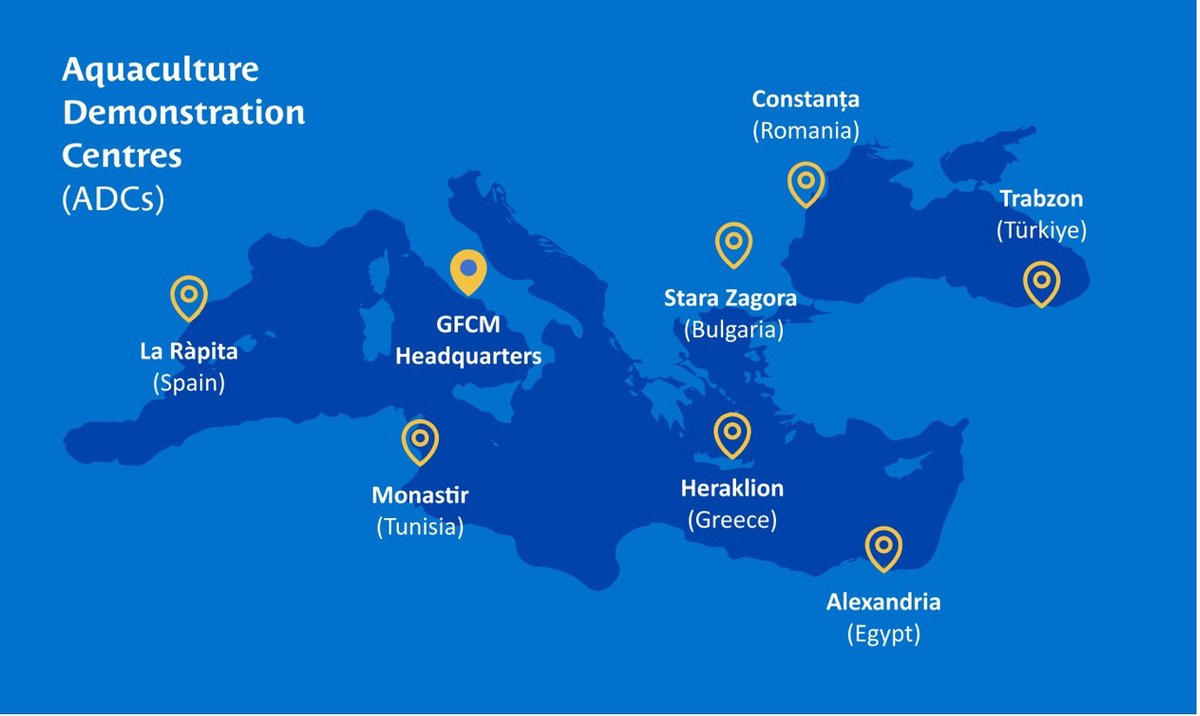
Through its ADCs, the GFCM helps bring innovation directly to those who need it most, from introducing new technologies to supporting small-scale producers to connecting science with policy. By equipping participants with practical tools and knowledge, ADCs empower them to implement meaningful changes and shape aquaculture development in their own countries.
“The training was an enriching and highly practical experience. I believe participants gained hands-on skills in modern aquaculture, supported by expert trainers and excellent facilities at the ADC. I’m grateful to the GFCM and the Heraklion ADC team for this inspiring opportunity,” said Amany Ahmed Mohamed, general manager, Veterinary Affairs, Lake and Fish Resources Protection and Development Agency, Egypt.
As aquaculture rapidly expands in the Mediterranean and the Black Sea, where current production stands at 1.38 million tonnes annually, valued at USD 4.5 billion, and supporting over 100,000 direct jobs, the need for sustainable, inclusive growth is more urgent than ever, especially in the southeastern Mediterranean.


